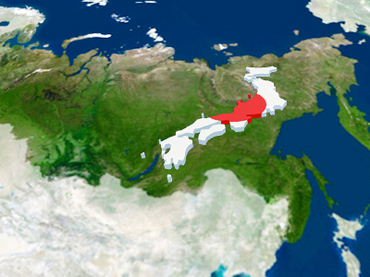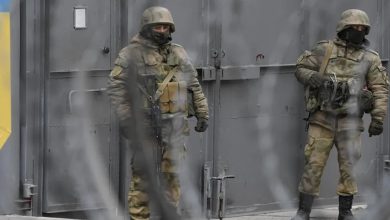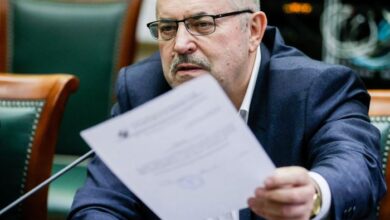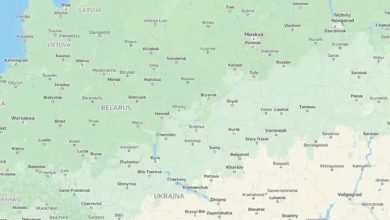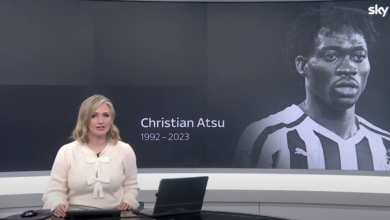Sixth package of sanctions: EU Commission proposes oil embargo against Russia
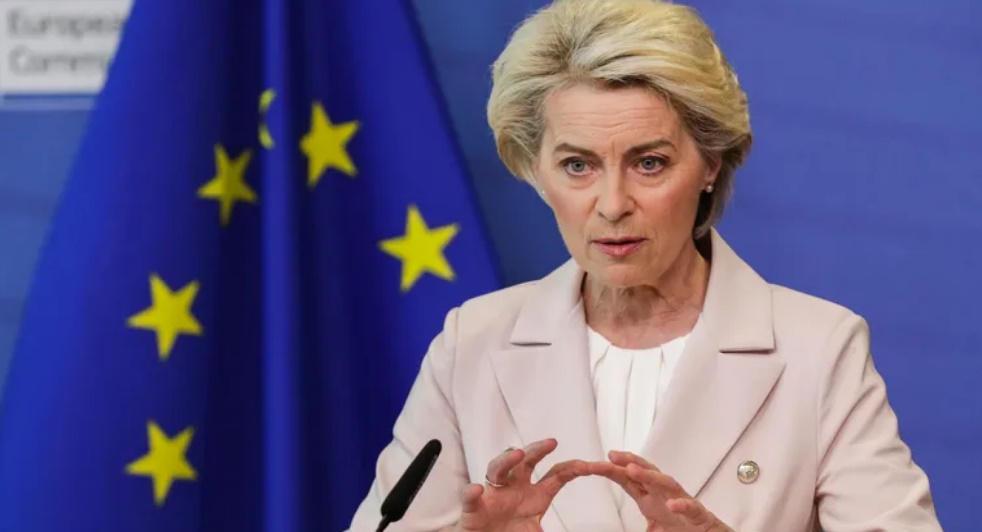
The EU Commission is launching another package of sanctions against Russia. “The future of the EU will also be decided in Ukraine,” said President Ursula von der Leyen. Now it’s the member states’ turn.
The EU Commission proposes an oil embargo against Russia. This was stated by EU Commission President Ursula von der Leyen on Wednesday in front of the European Parliament. Companies from Germany and the other EU countries should no longer be allowed to import Russian oil in the future. In order to give the countries time for the changeover, there should be transitional periods: Russian crude oil deliveries should be phased out within six months and the import of refined products should be phased out by the end of the year.
It is about these measures
According to the information, it is planned that after a phase-out phase of six months an import ban for crude oil should apply and after a phase-out phase of eight months an import ban for oil products.
It should also play a role whether deliveries are made by pipeline or by ship.
According to the information, far-reaching exemptions are only planned for Hungary and Slovakia. These two EU countries are currently still getting a large part of their oil needs from Russia and, due to a lack of access to the sea, do not see themselves in a position to develop alternative sources of supply as quickly as other countries.
In addition to the oil embargo, the proposal by the responsible EU institutions also includes new sanctions against companies, including the largest Russian bank, Sberbank. This should no longer be able to use the international financial communication system Swift. The EU also wants to ban three more Russian state broadcasters after RT and Sputnik. Von der Leyen said that their broadcasting frequencies would be cut and that they would no longer be allowed to distribute their content in the EU. The President of the Commission left open which three channels are affected.
The head of the Russian Orthodox Church is to be included on the European Union’s sanctions list. Patriarch Kirill is listed in the EU Commission’s proposal for a sixth sanctions package, according to the text available to AFP. The extended list includes 58 people responsible, including the family of Kremlin spokesman Dmitry Peskov.
According to von der Leyen, the course of the Russian war against Ukraine will also determine the future of the European Union. The German politician said that the answer to the question of how the EU could become stronger, more crisis-proof and closer to its citizens is also given in Ukraine. The Ukrainians fought for basic ideas: “That they are the masters of their own future – and not some foreign leader. That international law is decisive and not the law of the strongest. And that Putin has to pay a high price for his brutal war of aggression.” Von der Leyen emphasized: “That’s why the future of the European Union will also be decided in Ukraine.”
In order for the planned sanctions to come into force, the approval of the governments of all 27 EU countries is now required. Their permanent representatives in Brussels want to start consultations this Wednesday. If there are no more major objections from the capitals, the embargo could then be decided in the coming days.
Additional costs for EU citizens
EU citizens could incur significant additional costs, particularly as a result of the oil embargo. Federal Minister of Economics Robert Habeck (Greens) expects high “price jumps”. One of the reasons is that Russian oil must be replaced by probably more expensive alternatives from other countries. In addition, the conversion of refineries and delivery routes means effort and costs. But hardly anyone dares to predict when and to what extent refueling or heating will become more expensive.
The new package of sanctions is the sixth that the EU Commission and the European External Action Service (EEAS) are launching. The economic punitive measures are primarily intended to help deprive Russia of the financial resources to continue the war of aggression against Ukraine.
The EU foreign policy chief Josep Borrell recently said on the subject: “The aim of our sanctions is to stop the ruthless, inhuman and aggressive behavior of the Russian troops and to make it clear to the decision-makers in the Kremlin that their illegal aggression has a high price.”

